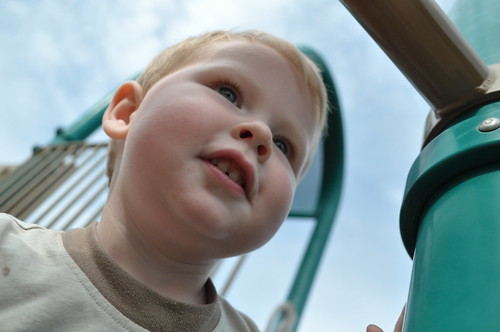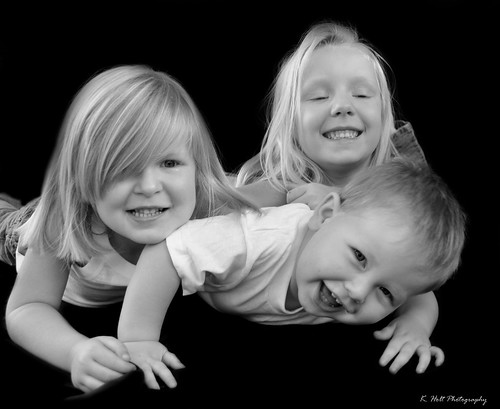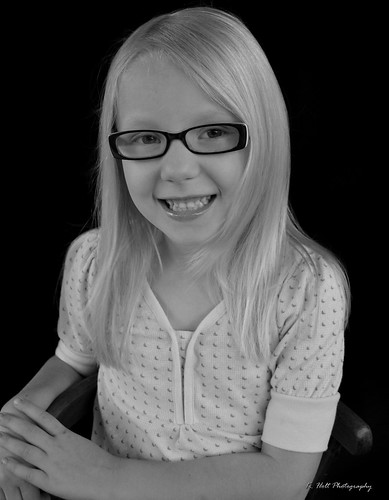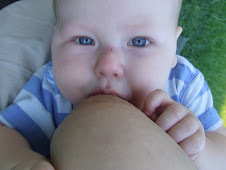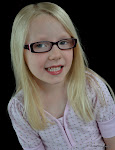 When I was pregnant with my third child, Alex, I had set my mind on breastfeeding. I knew that my lack of success with my other two children was due to a lack of knowledge on breastfeeding. After all, just because it's natural doesn't mean it comes to you (or your baby) naturally. Yes, all babies are born with the basic need, tools, and know-how to breastfeed, but there is a lot of interference at play in today's maternity wards, and it can and does affect breastfeeding.
When I was pregnant with my third child, Alex, I had set my mind on breastfeeding. I knew that my lack of success with my other two children was due to a lack of knowledge on breastfeeding. After all, just because it's natural doesn't mean it comes to you (or your baby) naturally. Yes, all babies are born with the basic need, tools, and know-how to breastfeed, but there is a lot of interference at play in today's maternity wards, and it can and does affect breastfeeding.I figured in order to have an enjoyable and successful breastfeeding relationship this time around, I would need to arm myself with some basic understanding of what makes a good nursing relationship. Most women will tell you that the first few weeks are tough, but after that, it's smooth sailing. But many times, "tough" doesn't even begin to describe those first few weeks of nursing, as I experienced with baby #1.
My first source was nursing forums on the web, like different breastfeeding groups on the mothering site Cafemom.com. I learned a lot from these women, but many of them didn't seem to be too hell bent on nursing. There were many posts on weaning for convenience, supplementing, and bad advice that even I, as a so far unsuccessful nursing mother, noticed was bad. I was lucky enough to get a copy of "The Womanly Art of Breastfeeding" (a new edition has just recently been released with more updated information and witty writing style). This book was GREAT. I feel I owe my breastfeeding relationship with Alex to La Leche League. I read every chapter in that book that would pertain to the beginning of my nursing relationship.
At the moment of Alexander's birth in to this world, I accepted him on to my chest. We gazed in to each other's eyes and I attempted to latch him on the breast. Nope, he didn't want anything to do with it. However, after a little time had passed, he eagerly found his way and latched on. But I popped him right off.
One thing I had learned was my cracked, bleeding nipples with my first child, Maggie, were *not* normal and could have been avoided. Pacifiers and a lack of knowledge on how a baby SHOULD latch led to me suffering because of her poor, shallow latching during nursing. When Alex began his first breastfeeding, he was doing it wrong. I removed him from the breast, and we attempted again. As we would continue to breastfeed over the next few days, I continued to correct his latch when it wasn't perfect. I knew how to and what to look for, because I had made sure to learn before hand. It's hard enough adjusting to a new baby, much less a new baby and two toddlers *and* learning how to breastfeed! Having the information before all that stress made this whole nursing thing a ton easier.
Once we settled in to it, our nursing relationship took off. I knew I was going to breastfeed, but I was so happy to have been able to make it that much easier. My plan was to let Alex nurse until he weaned, an age that varies widely across the globe, and even across the country. Most children in the US wean between ages 2-3, but it's hard to tell as extended or "full-term' nursing isn't very common (or accepted) in the US and many women feel societal pressures to wean, even before the recommended and encouraged age of 1.
I must admit, I really didn't think he would nurse past 2. Age 2 was my goal. It is the minimum recommendation from the World Health Organization and the benefits of breastmilk don't stop...ever. I knew his health, and mine, would be optimal for as long as he continued to nurse. But again, I didn't know exactly how long that was going to last.
His 2nd birthday came and went, and "nursies" were one of his favorite past-times. I was happy to continue nursing, afterall, he was hardly sick and suffered no ear infections in his first 2 years of life.
Around age 2.5 I started to encourage and enforce certain rules. If he threw a fit, demanded to nurse, or pulled at my shirt, he was not going to nurse. He would have to wait. If the fit continued, he was not getting it. Just as with anything else, I disciplined him for bad or inappropriate behavior and his attitude toward nursing was no different. I also attempted to night wean him, as I noticed he was losing his suckling reflex (a sign that your child may be ready to wean) and it was getting painful to nurse at night.
I was not at all prepared for him to stop all together, and even these attempts at "regulating" breastfeeding were hardly successful, though I didn't give in or up.
Around the age of 2 years and 10 months my friend was visiting. Alex announced to her that he "had nursies for the last time.". It was so matter of fact and we both laughed at how funny the statement was. He responded with "Yup, I'm a big boy now.". At that moment in time, I did not believe anything he had said. He had been going to bed without nursing, and was maybe nursing once at night, but he still asked during the day. Some days it was only once or twice, others it seemed much more than that, but it didn't seem near done.
Sure enough, that *was* the end of it. As much as I was feeling ready for it to be over, I was surprised at how I felt once it WAS over. I think, in part, because I had expected to know the last time he was nursing, to remember it. To end the last 3 years with some sort of big "Hoorah!". But no, he had decided he was done. Perhaps, in part, to my gentle encouragement that we needed to go about things a little differently.
I do miss it every now and again, just because the bond was so wonderful and we were able to make that quiet, calm connection in the middle of a hectic day, but all in all, I am happy. It seems a little odd now, to have had this relationship for so long and now it's gone. He has become quite the snuggle bunny. I love it, because now we can just cuddle and he doesn't decide to start demanding to nurse, as if that was all I was good for. Instead, I get hugs, kisses, "I love you, mommy".
Yes, it's sad to think he has nursed for the last time, and I don't even know when that was, but I really like this "new" relationship. I hope that by nursing him until he and I were both done has served him well. I'm happy to have made such a turn around and he has taught me so much about mothering. Now, I can look forward to continuing to grow in our relationship, and to nursing the next baby until he/she is "a big boy or girl". :)



